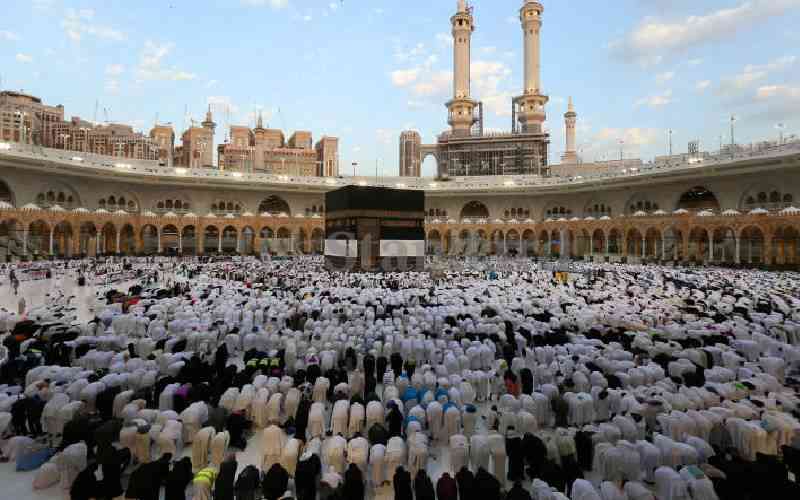×
The Standard e-Paper
Fearless, Trusted News

Pilgrims performed Sunday the last major ritual of the hajj, the "stoning of the devil", in western Saudi Arabia, as Muslims the world over celebrated the Eid al-Adha holiday.
Beginning at dawn, the 1.8 million Muslims undertaking the pilgrimage this year threw seven stones at each of three concrete walls symbolising the devil in the Mina valley, located outside Mecca, the holiest city in Islam.